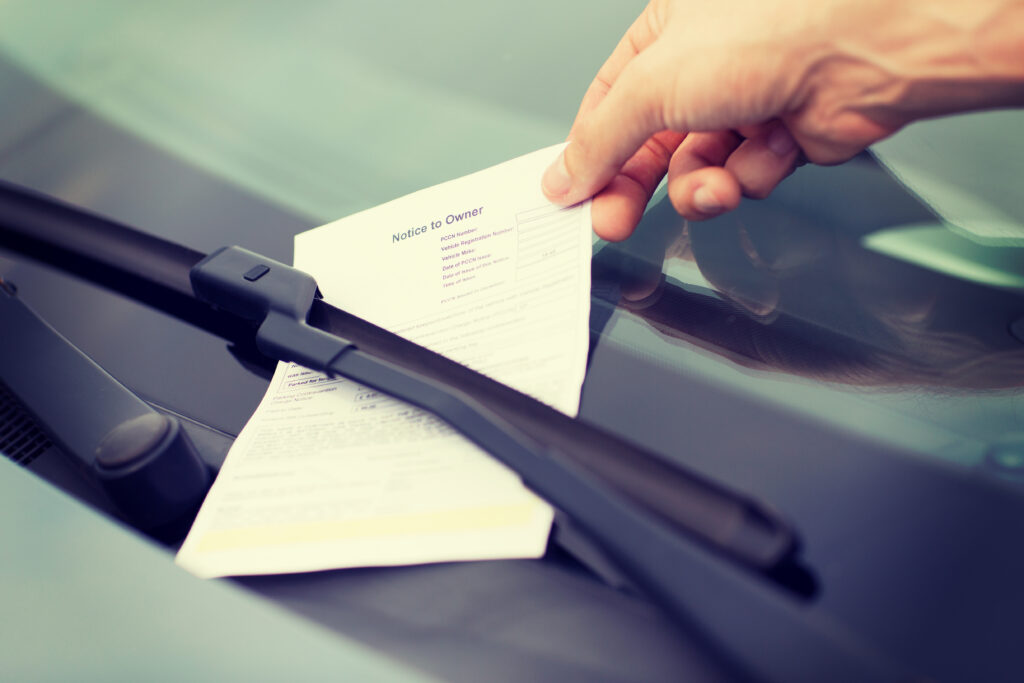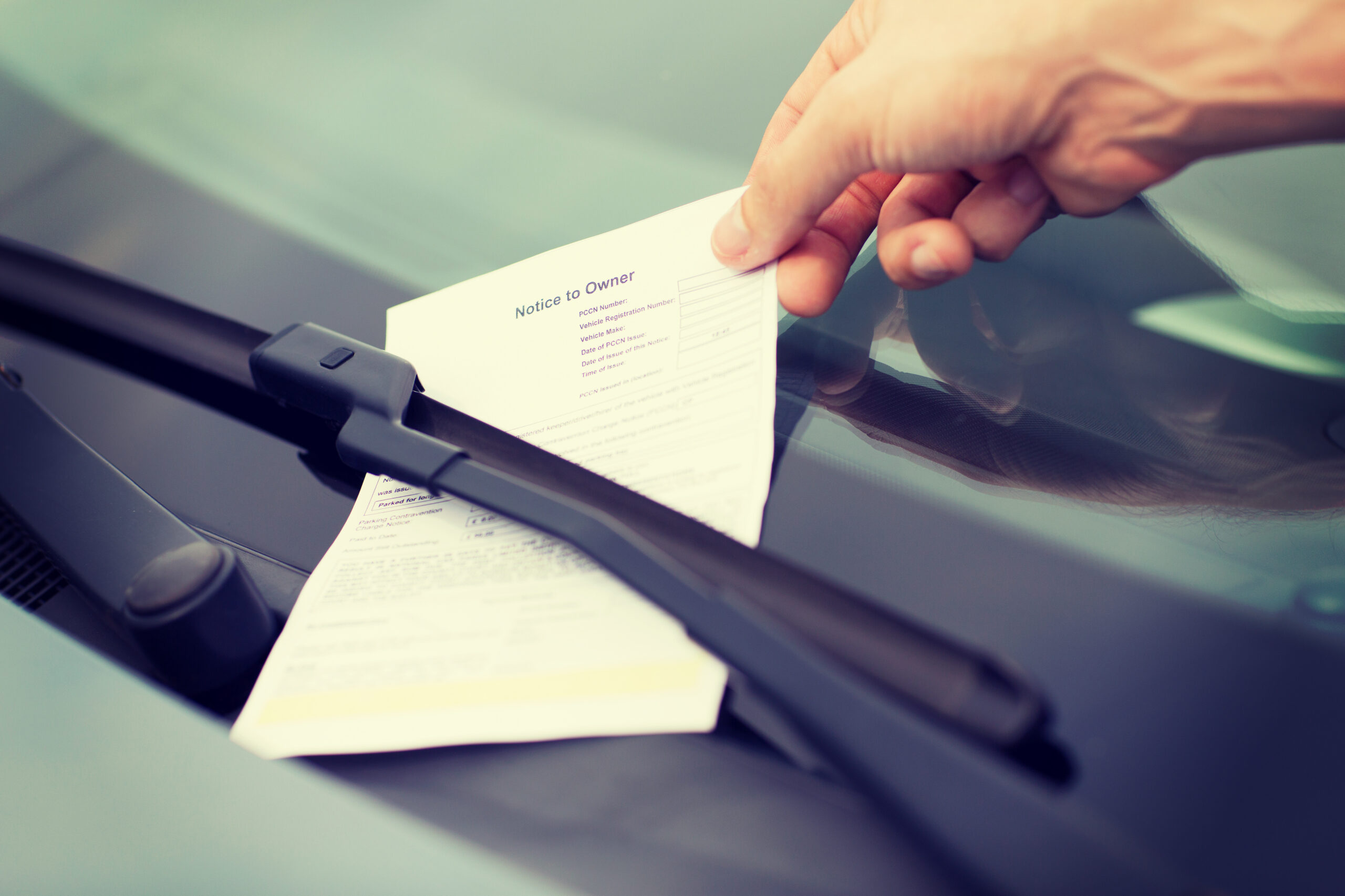
For law bloggers, reaching people with specific legal needs can make the difference between wasted words and a huge ROI.
In blogging there is strength in specificity. McKinley Irvin specializes in divorce law, so it’s no surprise that their blog focuses on divorce and family law. Traffic Ticket Office specializes in traffic tickets, and their blog reflects such. Schwensen Law focuses on real estate law, and so on.
However, just writing about the aspects of the law you practice isn’t enough. To help your readers find you, you have to optimize your blog.
Contents
Optimizing Your Law Blog
The most effective way to attract leads to your site is by creating an optimized blog. You blog should include:
- A “marquee” article, or 101 guide
- Supporting articles that link back to the marquee article
- Internal and external links on every piece
- Strong headlines with keywords that have high volume and low-to-medium competition
Your Marquee Article
Your marquee article should answer 20-25 of the most common questions about your subject. If your specialty is in traffic tickets, it should answer questions like:
- What is a moving violation?
- How do I pay a traffic ticket?
- Can I refute a traffic ticket?
- How does the court preceding work?
- How does police radar work?
- And so on…
This post is going to be the pillar for your blog series. Every related post that you write about this subject should contain a link that goes back to your marquee article. For extra credit, update your marquee article after publishing each new article and link it.
Supporting Articles
Supporting articles include listicles, question/answers, how-tos, and so on. These articles branch off of your marquee post by providing further information about a question you’ve answered in the main piece. While your marquee post answers “can I refute a parking ticket,” a supporting article could be “How to refute a parking ticket in Seattle” or “7 strategies to help you get out of your parking ticket.”
Law bloggers shouldn’t hesitate to think outside of the box. Think about a scene from a movie where a heroine gets out of a parking ticket. Your supporting article could be about why a situation couldn’t (or shouldn’t) work in real life, or a comical piece about people who have tried to get out of traffic tickets and failed miserably. Take some liberties with your supporting articles, but don’t forget to include a link back to the marquee piece and a couple external links to other sources.
Strong Headlines and Keywords
If you use WordPress for your law blog, downloading Yoast is a must. One of the most recent updates provides you with a headline checker. Your headline will be the most important aspect of your blog post, so you’ll want to get it close to perfect.
An excellent headline includes:
- Your keyword
- 50-60 characters in length
- 8-12 words
- 20%-30% common words (why, it, ever)
- 10%-20% uncommon words (more, need, now)
- 10%-15% emotional words (attractive, danger, awesome)
- At least 1 power word (new, obsession, surging)
- A positive or neutral sentiment
You don’t have to hit each one of these targets, but your keyword is a must. You should try to achieve as many of the other bullet points as you can.
Final Notes for Law Bloggers
Law bloggers have to write specifically, intentionally, and strategically. By following these steps when creating your law blog, you’re asserting yourself and your firm as thought leaders of your specialty. This will make it easier for your target audience to find your site. Once they do, your linking structure will keep them there.

